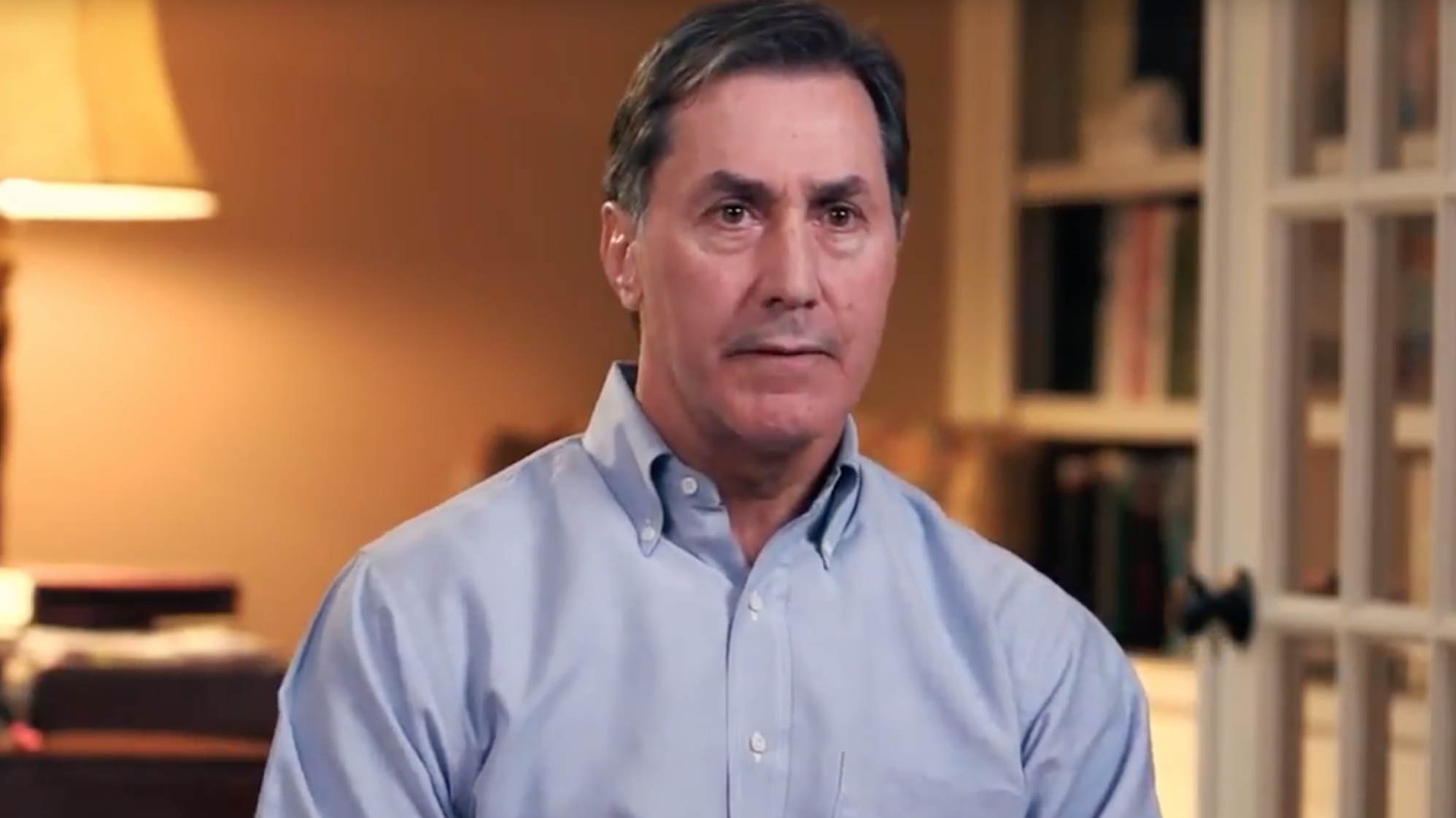Congressman Gary Palmer, R-Hoover, on Tuesday praised a recent executive order expanding telehealth services for Medicare recipients. President Donald Trump recently signed the order designed to expand access to care for Medicare beneficiaries, particularly those in rural areas. In response, the Centers for Medicare and Medicaid Services issued a proposed rule that would permanently add certain services to those eligible to be delivered via telemedicine.
“The Executive Order signed by the President will be a lifeline for rural communities that often lack meaningful access to care,” Palmer said. “The unprecedented expansion of telehealth services overseen by the Trump Administration during the pandemic will have lasting benefits for patients and I’m pleased to see some of these changes made permanent. These changes, combined with investments in the infrastructure necessary for their delivery, will ensure patients receive the care they need without having to travel long distances to be seen by a provider and I believe it will save lives.”
“Expanded access to medical care through telemedicine is essential to fighting the virus,” Trump said.
Health and Human Services Secretary Alex Azar said that just 0.1 percent of primary care visits covered by traditional Medicare were done via telehealth in February. COVID-19 brought about dramatic changes in how Americans receive their health care services. This spring, from March to April, the number of patients using telehealth services in traditional Medicare increased from roughly 13,000 a week to over 1.5 million a week. By April, 43.5 percent of primary care visits paid for by traditional Medicare were utilizing telehealth services.
“The Centers for Medicare & Medicaid Services dramatically expanded Medicare coverage for telehealth, doubling the number of services that can be provided through telehealth to include everything from emergency department visits to eye exams and therapy services,” Azar wrote. “HHS’s Office for Civil Rights provided flexibility to allow health care providers to do telehealth visits immediately using popular communication apps like FaceTime and Skype, without any additional paperwork and without risking penalties for HIPAA violations. HHS’s Office of Inspector General provided flexibility for healthcare providers to reduce or waive cost-sharing for telehealth in federal programs, so that providers can limit costs to patients using telehealth.”
“We’re now aggressively looking at how to make the telehealth revolution a permanent part of American medicine,” Azar explained. “The past several months will give us experience and data that can inform regulatory reforms. In many cases, Congress needs to make statutory changes, and we’re working with members of both parties on that already.”
The president’s executive order requires HHS to announce a new payment model testing innovations that empower rural hospitals to transform health care in their communities on a broader scale.
To improve connectivity, the president’s order also directs the federal government to launch a joint initiative in 30 days to improve the health care communication infrastructure and to expand rural health care services.
The Department of Veterans Affairs and the Department of Defense have also taken steps to expand telehealth services for veterans, active military and their families.
Palmer represents Alabama’s 6th Congressional District.



















































